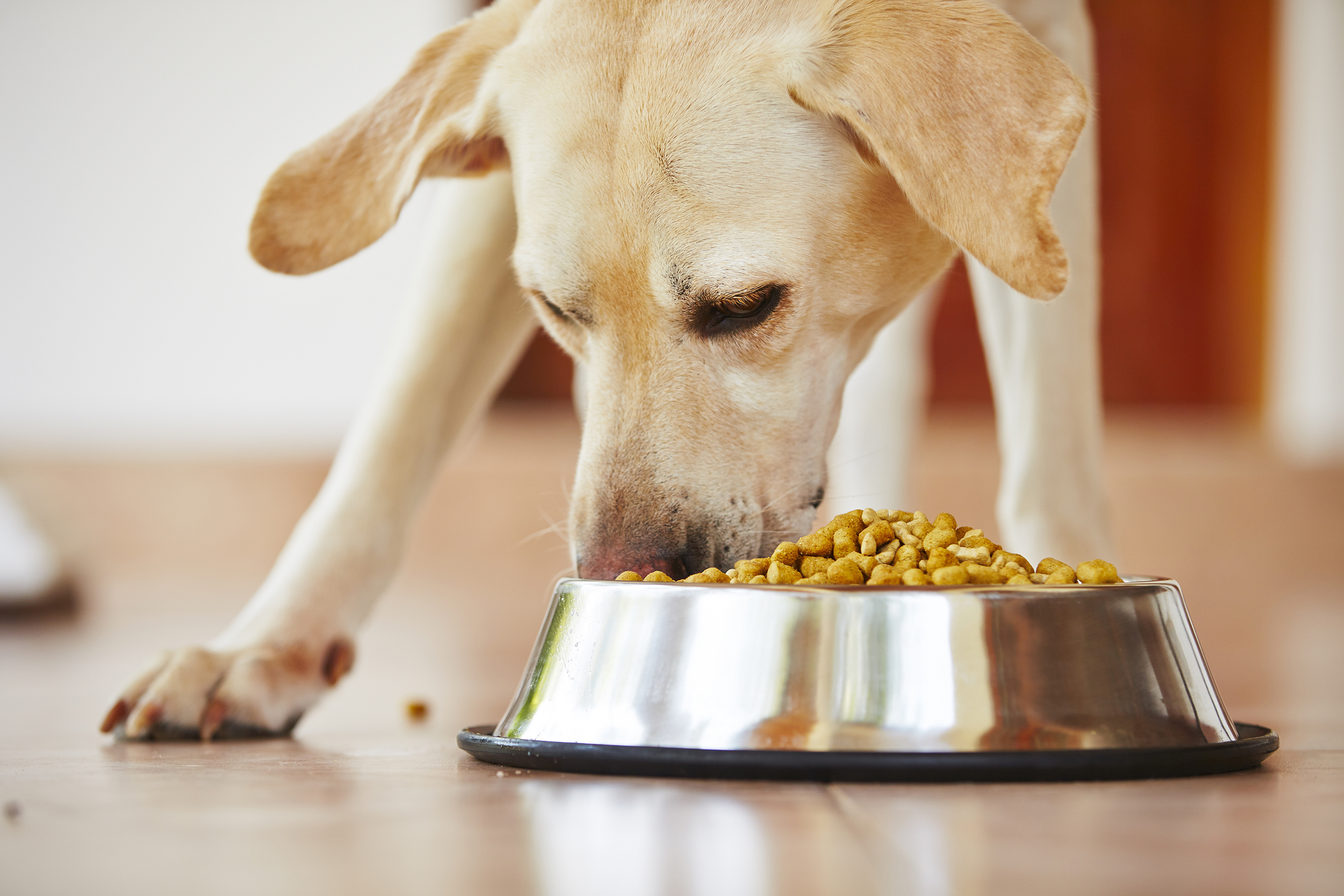
A sick dog is difficult to feed. Caring for a sick dog can be difficult for you and your pet because of decreased appetite, gastrointestinal distress, diarrhea, and vomiting. A bland diet can give your dog the nutrition needed to recuperate while helping alleviate some of these symptoms. The premise behind unhealthy dog feeding is giving your sick dog the food required to recover. Dogs with mild stomach discomfort, such as gas, nausea, constipation, or diarrhea, may benefit from a bland diet. Diseases like kennel cough can make them lose their appetite too. Make sure to rule out any significant health problems, and talk to your veterinarian about your food plan.
Additionally, dogs who are elderly, diabetic, cancerous, allergic, or with other medical disorders may require a supplemental diet to maintain their health. Here are foods you may feed your dog to aid their recovery and general well-being once you and your veterinarian have ruled out any serious medical conditions.
Sweet Potato
It’s a good idea to give your dog sweet potatoes to help with intestinal issues. However, avoid giving your dog raw sweet potatoes because they may upset their stomach or clog their intestines. Thoroughly cook the sweet potatoes. You can also remove the skin or prepare sweet potato dishes like mashed potatoes for your ill pet. It contains dietary fiber and other essential vitamins that benefit the health of your dog.
Bone Broth
The mild liquid bone broth is rich in nutrients, hydration, and flavor. Bone broth is restorative and gentle for a dog’s digestive tract. Cooking beef marrow, turkey, or chicken bones will produce bone broth. For 24 hours, simmer the bones over low heat with a lid on. Scrape the hardened fat from the top of the soup after letting it cool in the refrigerator. Make sure to filter the broth and discard every bone. Cooked bones harm dogs because they may splinter and lodge in the digestive tract, necessitating surgery to remove them.
Pumpkin
Pumpkins’ high fiber content makes them a good treatment for canine diarrhea. It stabilizes your dog’s stools and relaxes its stomach. On the other hand, Pumpkin is regarded as a prebiotic, which naturally increases the good bacteria in the stomach. Pumpkin reduces drooling and vomiting, calms an upset stomach, and improves the well-being of dogs. Please don’t overdo it with the Pumpkin in your dog’s diet. The additional fiber may make you constipated. Therefore, it’s advisable to start small and then gradually grow. One further need is that the Pumpkin is free of skin and seeds.
Oatmeal
In addition to having a lot of fiber, oatmeal also has beneficial vitamins, minerals, and antioxidants. Linoleic acid, a form of omega-6 fatty acid beneficial for dogs’ skin, and vitamin B, which aids in maintaining a healthy coat, are both found in oatmeal. To avoid giving your dog an upset stomach, be careful not to serve them too much oatmeal. As many dogs have trouble digesting milk, boil the oatmeal in water.
Chicken and Rice
Many dog diets contain chicken and rice as main ingredients, and these soft foods are easy for dogs’ sensitive stomachs. Additionally, this bland dinner is simple to make. Rice and boneless, skinless chicken breasts are all you need. Despite having less nutritional content than brown rice, white rice is better for upset stomachs due to its blandness. Save the extra ingredients for your supper because oils, butter, and seasonings can aggravate your dog’s digestive issues. Instead, stick with plain, cooked chicken and rice. Since eager dogs may choke on this unexpected gift, ensure the chicken is cooked thoroughly and cut or shred it into small, bite-sized pieces for your dog.
Leave a Reply